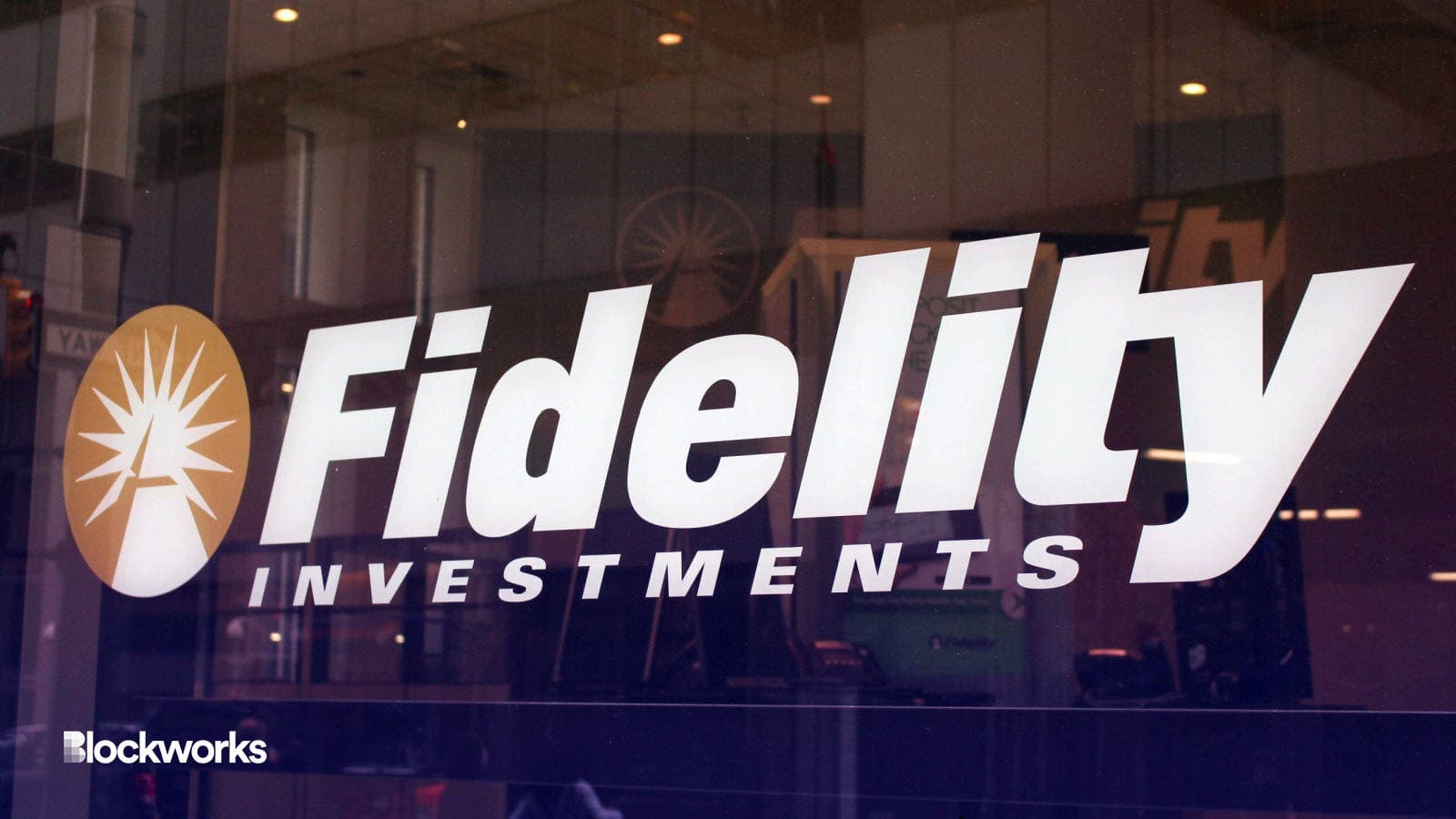Fidelity Trademarks Hint at Big Banks Vying for Metaverse Customers
Fidelity wants to trademark metaverse services including mutual fund and retirement planning, alongside a potential NFT marketplace

PL Gould/Shutterstock modified by Blockworks
Boston finance giant Fidelity Investments has filed trademark applications hinting at a concerted effort to service customers in a crypto-powered metaverse.
Fidelity filed three patent applications last week related to marketing, placements, recruiting and referral services for investment and financial planning across the metaverse “and other virtual worlds.”
Provisions for a non-fungible token (NFT) marketplace were also included in one of the patents, although not much detail was provided. Fidelity is one of the largest asset managers in the world, handling $3.6 trillion in discretionary assets as of Sept. 30.
Fidelity didn’t mention which metaverse it’s eyeing, nor did it specify whether it intends to create its own virtual world. Mike Kondoudis, a USPTO licensed trademark attorney, first shared Fidelity’s plans in a Monday tweet.
And while patent applications don’t automatically translate to new product offerings, Fidelity’s recent filings describe metaverse services for:
- crypto trading,
- mutual fund and retirement investment,
- money management,
- charitable fund-raising services,
- life insurance and annuity underwriting,
- employer stock purchase plans,
- employee pension plans and
- frequent flyer award accounts.
There would also be investment-related classes, workshops, seminars and conferences in the metaverse. Fidelity didn’t return Blockworks’ request for comment by press time.
By filing a design patent, corporations in the US who plan to offer services in the metaverse are protected when it comes to their virtual product design.
USPTO has previously refused trademark applications with a metaverse focus as they may have been too similar to ones that were previously registered.
Fidelity has competition in the metaverse
Fidelity hasn’t been shy about crypto of late. Its launch of an Ethereum index fund in October showed intent to broaden its digital asset scope despite a bearish market, so too did opening retail crypto trading accounts for bitcoin and ether in November.
Fidelity also deployed an “immersive educational metaverse experience” in Ethereum-centric virtual world Decentraland in April, a building complete with a dancefloor and rooftop garden.
But the firm will face stiff competition from major banks. JPMorgan in February launched a lounge promoting its permissioned blockchain network Onyx, also in Decentraland.
Union Bank of India debuted its own metaverse hangout in July, opting instead for rival platform The Sandbox. Singapore-based DBS then announced it would build out services from within The Sandbox in September.
Get the news in your inbox. Explore Blockworks newsletters:
- The Breakdown: Decoding crypto and the markets. Daily.
- 0xResearch: Alpha in your inbox. Think like an analyst.






